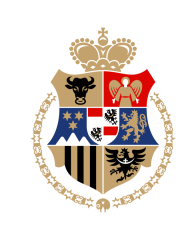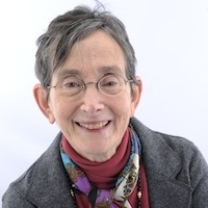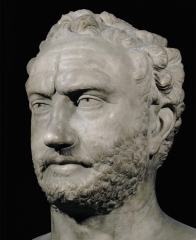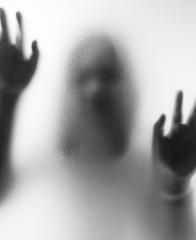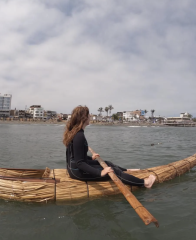 / Program Evaluation Intern at Yale
Subscribe
/ Program Evaluation Intern at Yale
Subscribe
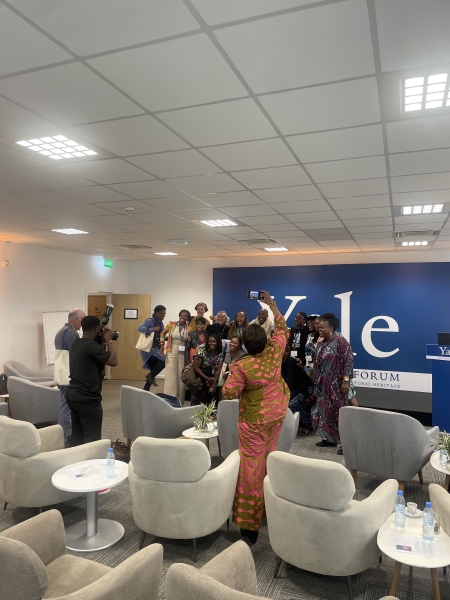
In working at Yale’s Institute for the Preservation of Cultural Heritage (IPCH) under the International Programs division as a Program Evaluation Intern, my main responsibility was to assess the overall impact of the Yale Directors Forum fellowship— an 18-month fellowship supporting executive leaders of museums and cultural institutions based on the African continent and the diaspora. I worked under the supervision of Wellesley alum Charlotte Ashamu '01 who spearheaded this new initiative at Yale University. I designed multiple surveys for fellows and participants within the YDF program and created comprehensive evaluation reports to gauge the impact of the various elements of the program, which will influence future cycles of the program.
One of the most the most interesting and resonating aspects of this internship was the opportunity to go to the YDF Global Symposium for Cultural Heritage held in Abidjan, Cote d’Ivoire, which is a week-long conference with content covering a wide array of pressing topics facing the domain of cultural heritage preservation. The conference included speakers from diverse fields of expertise ranging from art conservationists, business strategists, and museum executives to culinarians and local artisans. At the symposium I helped with the logistics and operations of the conference program, assisting in tech rehearsals, formatting speakers’ slides for their presentations, ensuring that each session remained on schedule, and taking comprehensive notes during the fellow-centered discussions to incorporate into the final evaluation report of the cohort.
While the majority of my tasks in Cote d’Ivoire were focused on assisting the overall management of the conference, I realized my strengths in adaptability and how I enjoy the dynamism of a fast-paced working environment. At the symposium, despite the duties I had to perform, I was afforded a lot of time to listen to the thought-provoking speakers who spoke about the unique manners and approaches they take to cultural heritage preservation. One speaker, the director of the Louis Armstrong Museum in Queens, emphasized the importance of community-centered programming and ensuring that there is a symbiotic relationship between a built institution and the local community. They have approached this work by offering workshops for local community members about mortgages and the process of owning homes in an area experiencing gentrification. Another speaker, the owner of Ladekoju Arts & Culture Foundation, talked about how being a facilitator of cultural heritage preservation means understanding the importance of cultural heritage production in order to sustain histories, practices, and art.
I was truly inspired by the breadth of expertise that YDF has incorporated into their program, and more specifically, the dedication that all of these professionals have to supporting and platforming cultural heritage and production from across the African diaspora and deepening cross-cultural collaborations. In creating comprehensive reports about the importance of both this symposium and the overall fellowship, on top of reading the feedback that was given both quantitatively and qualitatively, I was offered the opportunity to reflect on my interactions with fellows and speakers coming from a plethora of backgrounds. What I realized was the poignancy of preserving art and culture comes within ensuring the histories of a community rest and evolve with dignity. This internship was integral to helping me understand my career interests, which will ideally intersect art and culture as well as business development, in order to ensure sustainable cultural institutions will last for generations to come.
